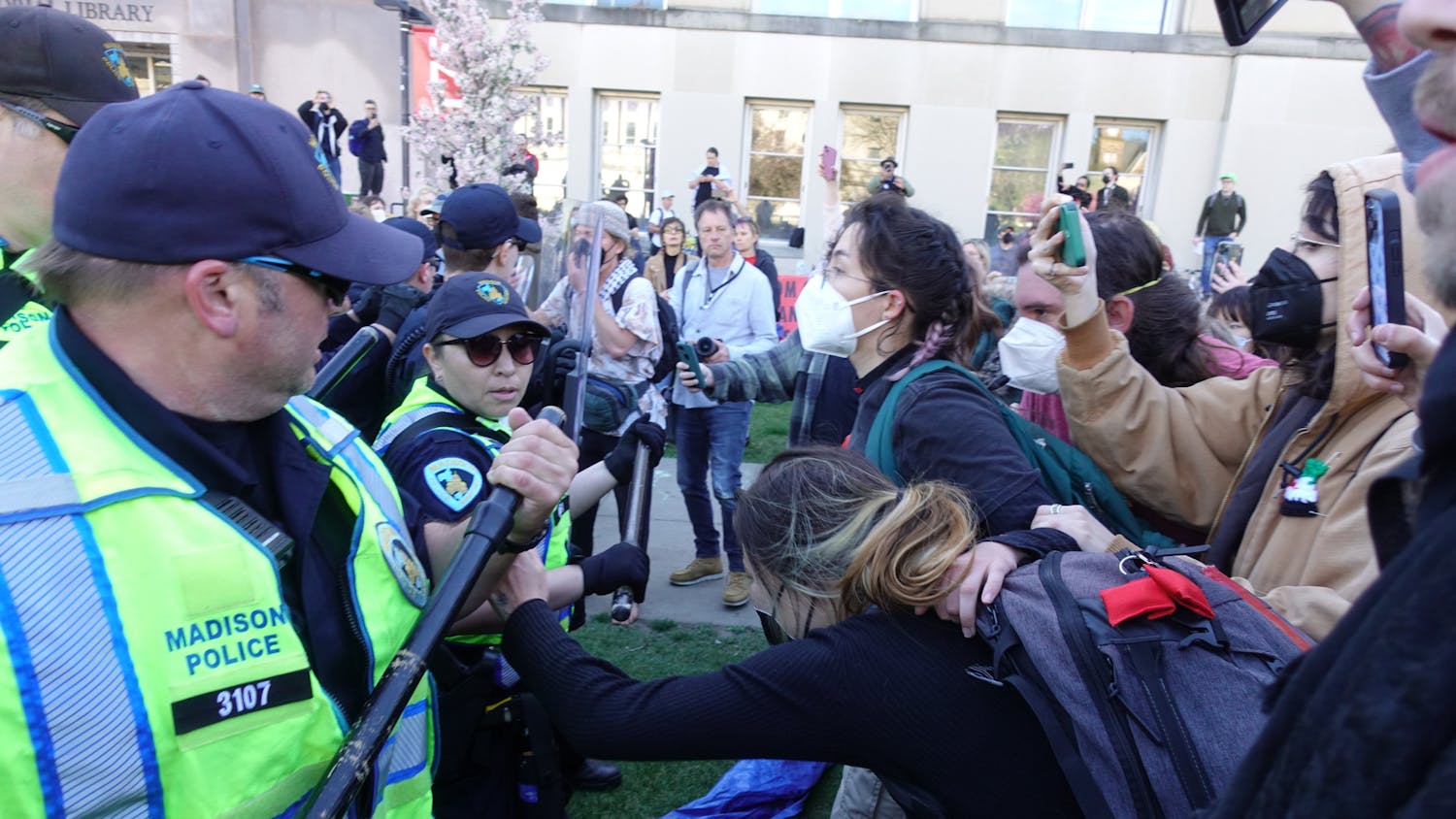The Wisconsin China Initiative and University of Wisconsin-Madison Asian American Studies Program hosted a Zoom panel discussion featuring undergraduate and graduate voices Tuesday evening.
The panelists included Thida Hok Chong, a UW-Madison senior studying in the Business School and the former president of the Lao Cambodian Student Association, and Alex Chen, a UW-Madison alumni currently studying at the Yale School of Medicine.
The virtual discussion — called "Anti-Asian Sentiment in the COVID-19 Era: The Student Experience," — ran as a Q&A and was moderated by Tev Lee, the Program Coordinator at the UW-Madison Asian Pacific Islander Desi American (APIDA) Student Center. It was then opened up for audience questions surrounding the topic of anti-Asian sentiment.
Chong and Chen both addressed instances of anti-Asian sentiment they’ve witnessed since the beginning of the COVID-19 pandemic last year. Both panelists noted an increase in common microaggressions toward Asian individuals, such as hearing racist remarks about physical appearances and being asked their country of origin.
Chong mentioned an instance during which her close friends were the victims of a hate crime, where eggs were thrown at them while walking on the street.
"This is the first confrontation I've had with direct violent racism as an Asian American," said Chong. "At the beginning of the pandemic, I was more afraid of being a victim of a hate crime than I was of catching COVID."
Chen, who has been on clinical rotations since last March, said he witnessed racism toward Asian-Americans firsthand in hospitals. He has seen patients who contracted COVID-19 blame their Asian nurses and doctors for infection and witnessed patients asking their Asian doctors to leave the room.
"In some sense I've come to expect some degree of anti-Asian sentiment, although I've been very bothered when it occurs where I least expect it," Chen said.
When asked what role administration should play in protecting Asian students, both Chen and Chong said that universities need to take a stronger stance against racist acts, which starts with acknowledging the problem. Additionally, both panelists noted the necessity of instituting an anonymous hate/violence reporting system for victims to turn to feel heard and safe.
The panelists also addressed ways non-Asian people can be allies to their Asian peers on a more individualized level.
"You don't have to be Asian to be offended by Asian slurs," said Chen, emphasizing the importance of calling out anti-Asian racist comments.
Both Chen and Chong acknowledged willingness to listen and learn as a way for people to support Asian peers. They stressed that having open conversations can be a powerful way to break ethnic barriers.
"Use your voice to amplify the voice of Asian-Americans, not speak over them," said Chong.
Chen touched on the importance of debriefing after stressful situations by talking about his experiences as an Asian student during the COVID-19 era with others.
Though this past year has led to trauma and difficult experiences, both panelists talked about the connections and comfort they've found with their fellow friends and peers from Asian backgrounds.
Chong mentioned that she chooses to focus on a mutual bond and shared experiences with empathy, rather than trauma. Chen said he remembers that many other people are feeling the same way during this time and keeps the perspective that his emotions are not unique to him alone.






